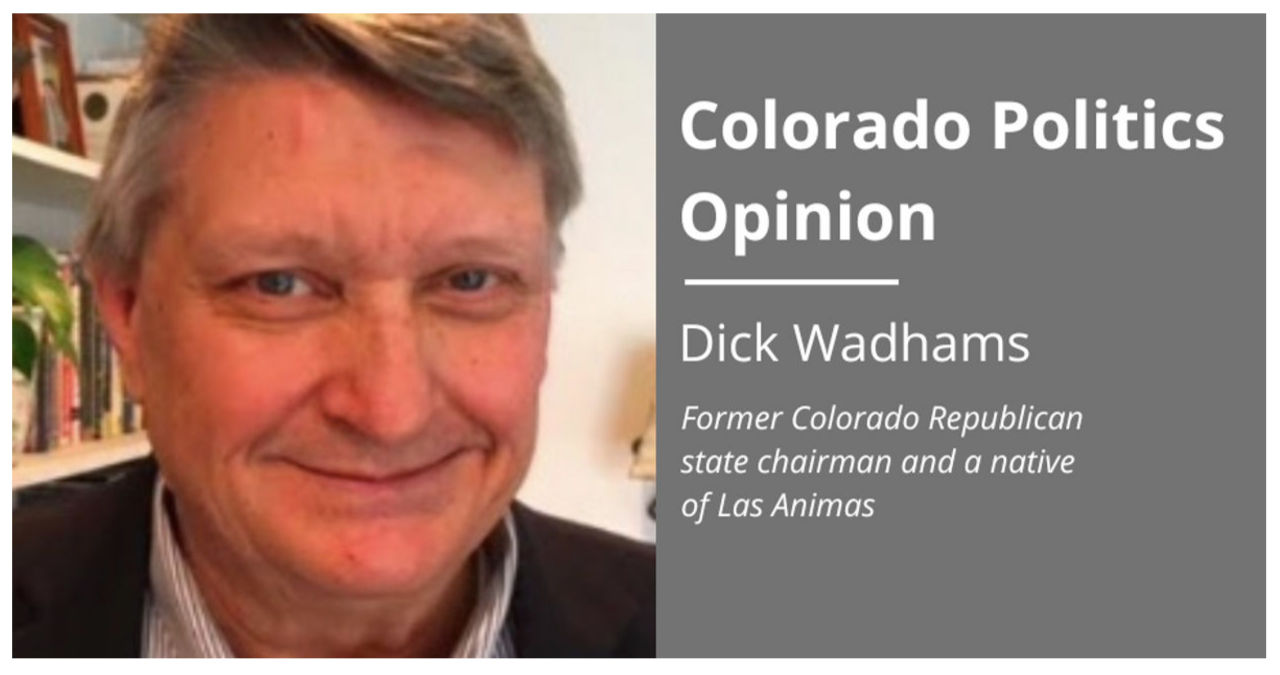The majority is claimed by unaffiliated voters.
In a surprising turn of events, the Colorado Springs Gazette reported on March 5, 2024, that unaffiliated voters have now become the majority in El Paso County. This development marks a significant shift in the political landscape, highlighting the changing preferences and affiliations of the county’s residents.
For decades, El Paso County served as a stronghold for the Republican Party, playing a crucial role in their triumphs in statewide elections. It effectively balanced out the predominantly Democratic Denver County, enabling Republican candidates to focus on the battle in the suburbs of Jefferson and Arapahoe Counties, as well as other competitive regions. Moreover, it allowed them to accumulate significant support in the eastern plains and the Western Slope.
The state at that time was often referred to as a third-third-third, as Republicans, Democrats, and unaffiliated voters each held approximately equal shares of the electorate.
Sign up for daily opinion in your inbox from Monday to Friday to stay up to speed.
The overall Colorado electorate has undergone a significant transformation with the arrival of 800,000 new residents over the past 14 years. Currently, unaffiliated voters make up the largest portion of the electorate, totaling 1.8 million or 48%. Democrats, on the other hand, account for 1.2 million voters, representing 27% of the electorate, while Republicans comprise 900,000 voters, making up 24% of the electorate.
In El Paso County, the political landscape has undergone a significant transformation. Unaffiliated voters have emerged as the majority, comprising 50.3% of the electorate, surpassing both Republicans, who make up 30.28% of voters, and Democrats, who account for 17.51% of the county’s voters.
The Colorado Republican Party took the surprising step of challenging the rights of unaffiliated voters to participate in one of the major party primaries, despite the significant influence they hold. This move comes after voters overwhelmingly approved Proposition 108 in 2016, which guarantees the inclusion of unaffiliated voters in primary elections.
Under the leadership of Dave Williams, who was elected as the new chairman in 2023, the state party has made a significant announcement. They are planning to raise $200,000 to challenge Proposition 108 in federal court. To carry out this legal battle, they have hired John Eastman, the lawyer famous for devising the scheme to deny Joe Biden the presidency. This scheme involved Vice President Mike Pence rejecting the results of the Electoral College on January 6, 2021.
U.S. District Court Judge Philip Brimmer firmly rejected the case brought by Eastman and his legal partner, Randy Corporon, a conspiracist who claims the election was stolen. Their attempt to invalidate the votes of unaffiliated voters was unsuccessful.
The number of unaffiliated voters continues to rise, while registered Democrats and Republicans are steadily declining. It appears that both parties are competing to reach the lowest point.
Far-left activists are being elected to the state legislature and city councils in growing numbers. Democratic leaders appear to be intimidated by their extremism and are showing increasing deference to them.
The national Democrats’ best option is to once again nominate President Joe Biden, who, despite his long political career that began in 1972, has faced significant criticism and low popularity.
Meanwhile, the Republican Party is once again selecting a former president, Donald Trump, who suffered defeat in the previous election. It is worth noting that during the riot at the United States Capitol on January 6, 2021, Trump remained silent for several hours while his supporters, who identified themselves as his followers, vandalized the Capitol and chanted “Hang Mike Pence.” Despite the lack of credibility in the baseless conspiracy theories propagated by his loyalists, Trump persistently asserts that the 2020 presidential race was stolen from him.
The Colorado Republican Party is currently under the control of a group of political opportunists who are determined to eliminate any Republicans who do not conform to their rigid definition of political purity. These individuals view Republican campaign contributions as their own personal source of influence, and they are willing to disregard state party bylaws in order to manipulate Republican primary elections. Despite being a candidate for Congress, Dave Williams shows no intention of stepping down from his position as state chairman.
The Democratic Party is rapidly moving towards the left-wing edge, with the added advantage of a politically ineffective Republican Party.
Colorado’s current political process appears to be incapable of restoring the political equilibrium that characterized the state’s politics for four decades. In response, Colorado voters are expressing their dissatisfaction with both major parties by registering as unaffiliated.
The current state of Colorado’s political landscape calls for a restoration of ideological and political balance. The caucus-assembly process, which was once a platform for vibrant neighborhood debates and the nomination of candidates at all levels, has now fallen under the control of a small group of activists from the extreme ends of both parties.
Allowing unaffiliated voters to have the choice to vote in one of the major party primaries has been a successful and welcomed reform for the past six years. However, as unaffiliated voters are projected to soon become the majority, it may be time to consider granting them access to both parties in an open primary election.
Colorado voters should have a political nominating process that promotes political balance rather than encouraging the extremes of the political spectrum.
Dick Wadhams, a former Colorado Republican state chairman, brings a wealth of experience to the table. With nine years of service under U.S. Sen. Bill Armstrong, he has also managed successful campaigns for U.S. Sens. Hank Brown and Wayne Allard, as well as Gov. Bill Owens.



